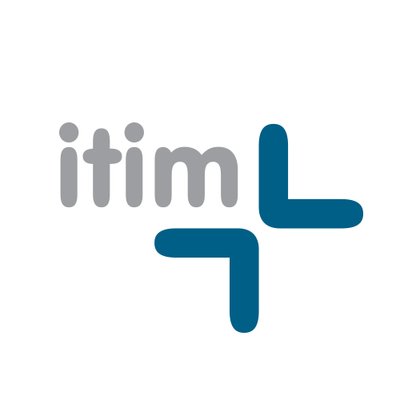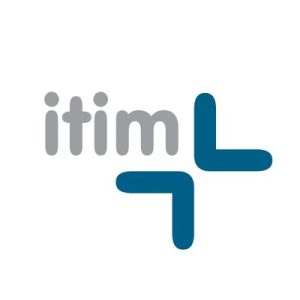The checkout aisle has long been a source of frustration for both shoppers and grocers. Shoppers endure long waits with limited cashiers available, while grocers face customer complaints and issues of shrinkage, affecting their profits.
Despite advancements in point-of-sale (POS) technology and self-checkout systems, the problems in the grocery shopping experience persist. The solution might be as simple as eliminating the checkout aisle altogether, potentially transforming the shopping experience for both parties.
Many grocery stores already have companion apps that help customers manage their grocery lists, view weekly ads, and locate items. These apps could be enhanced to allow customers to scan items as they shop, reducing the need to scan all items at checkout. Additionally, grocers could use strategic merchandising to encourage online orders, decreasing the number of shoppers queuing at checkouts.
A typical 50,000-square-foot grocery store dedicates 40,000 square feet to sales floor and 10,000 square feet to stock rooms. By reversing this ratio and moving staple products to the stock room, stores can encourage online ordering and reduce demand for check stands. Shoppers preferring to select their own fresh produce would still benefit from shorter wait times due to fewer items needing checkout.
To further eliminate checkout aisles and reduce shopper friction, new technologies such as smart carts and AI-powered cart scanners are being piloted by grocers like Kroger and Albertson’s. Smart carts automatically add items to the shopper’s order, recognising even small items. These can either replace existing carts or be added as modular units, with modular options being more cost-effective.
AI-powered cart scanners placed at store exits capture images of shoppers’ carts, identifying items and charging the shopper’s store account. These systems also help with loss prevention by cross-referencing the cart’s contents with the receipt. Walmart is currently piloting these systems at some Sam’s Club locations.
Eliminating the checkout aisle could lead to experiential grocery stores, where shopping becomes an enjoyable activity rather than a chore. Staff could focus on providing personal service and promoting new products, transforming the grocery store into a destination where shoppers want to spend time.
Eliminating or significantly reducing the checkout aisle could make the grocery shopping experience more efficient and rewarding, ultimately transforming grocery stores into places where people want to be, rather than just places they need to visit.
itim Group plc (LON:ITIM) is a SaaS-based technology company that enables store-based retailers to optimise their businesses to improve financial performance and effectively compete with online competitors. Itim adds retail value by helping multi-channel retailers optimise their business and their stores to improve financial performance and compete more effectively with the “Amazons”.


